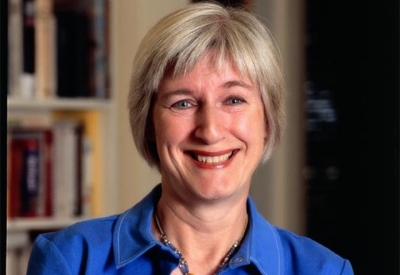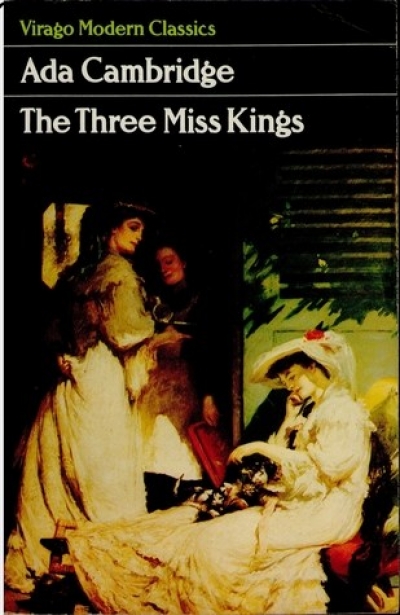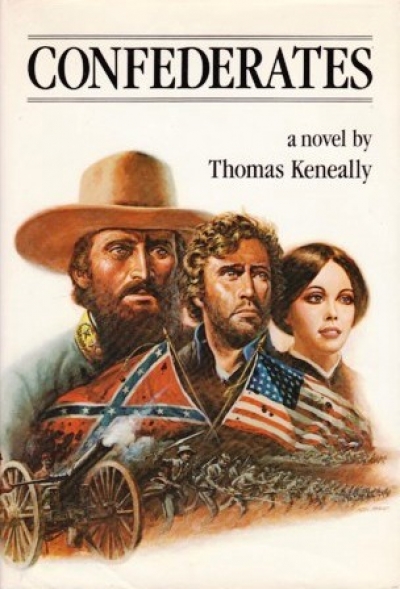Tunde, a photographer and art professor at Harvard, attempts to photograph a hedge in his neighbourhood in Cambridge, Massachusetts. Waved away by a white property owner suspicious of a Black man on his street, Tunde tries again midway through Teju Cole’s new novel, Tremor, but, trusting his feeling of unease, leaves. (One is put in mind of the notorious 2009 incident in which neighbours reported Henry Louis Gates Jr for trying to force open his own Cambridge front door.) It is not until the final pages that Tunde returns to the scene and tries again, in the dead of night, after a party he has hosted with his partner, Sadako. The first exposure is too bright, the second too inky; too much is in frame, then not enough. Finally, he makes what he believes might be a successful image. Makes not takes; the difference is significant.





















.jpg)





